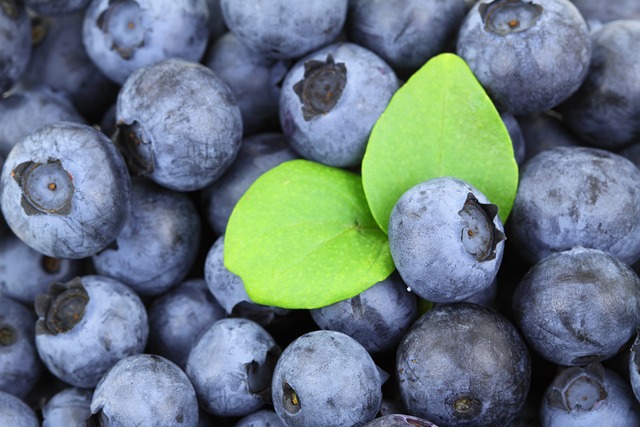Unveiling Surprising Sources of Probiotics for Optimal Health
Probiotics play a vital role in maintaining a healthy gut and promoting overall well-being. While yogurt is commonly associated with probiotics, it’s just the tip of the iceberg. In this article, we will explore some surprising sources of probiotics that can contribute to optimal health.
The Power of Probiotics
Probiotics are live microorganisms that provide numerous health benefits when consumed in adequate amounts. They are mainly known for their ability to support gut health by restoring and maintaining the balance of beneficial bacteria in the digestive system.
Aside from gut health, probiotics also offer a range of other advantages, including:
- Boosting the immune system
- Enhancing nutrient absorption
- Reducing inflammation
- Improving mental health
- Promoting healthy skin
Surprising Sources of Probiotics
While yogurt and other fermented dairy products are well-known sources of probiotics, there are several lesser-known options that can be equally beneficial:
1. Sauerkraut
Sauerkraut is made from fermented cabbage and is an excellent source of probiotics. It’s rich in Lactobacillus bacteria, which can aid digestion and support a healthy gut. Adding a serving of sauerkraut to your meals can introduce beneficial probiotics into your diet.
2. Kimchi
Kimchi is a traditional Korean side dish made from fermented vegetables, usually cabbage and radishes, mixed with spices. It contains various strains of lactobacilli and beneficial bacteria, offering similar benefits to sauerkraut. Incorporating kimchi into your meals can add a flavorful and probiotic-rich element to your diet.
3. Kombucha
Kombucha is a tangy, fermented tea that is gaining popularity as a health drink. It is produced by fermenting sweetened tea with a symbiotic culture of bacteria and yeast (SCOBY). This fizzy beverage is packed with probiotics and can be a refreshing alternative to sugary sodas.
4. Miso
Miso is a traditional Japanese seasoning made by fermenting soybeans with salt and a specific fungus called koji. It is commonly used to flavor soups and sauces. Besides enhancing the taste of your dishes, miso also offers a generous dose of probiotics that can support your digestive health.
5. Tempeh
Tempeh is a fermented soy product originating from Indonesia. It is made by fermenting soybeans with a fungus called Rhizopus oligosporus. Not only does tempeh provide plant-based protein, but it is also a reliable source of probiotics. Incorporating tempeh into your diet can be a great option, especially for vegetarians and vegans.
6. Pickles
Believe it or not, pickles are another unexpected source of probiotics. However, not all pickles are created equal. Look for pickles that have been naturally fermented and preserved in a brine solution rather than pickled with vinegar. These naturally fermented pickles contain beneficial bacteria that can contribute to a healthy gut.
Conclusion
While yogurt has long been the go-to source of probiotics, there is a world of other options available. Incorporating a variety of probiotic-rich foods into your diet, such as sauerkraut, kimchi, kombucha, miso, tempeh, and naturally fermented pickles, can provide a diverse range of beneficial bacteria to support your gut health.
Remember that not all probiotic foods are created equal. It’s important to choose high-quality, naturally fermented options to ensure you are getting the maximum benefits. As always, consult with a healthcare professional or registered dietitian before making any







